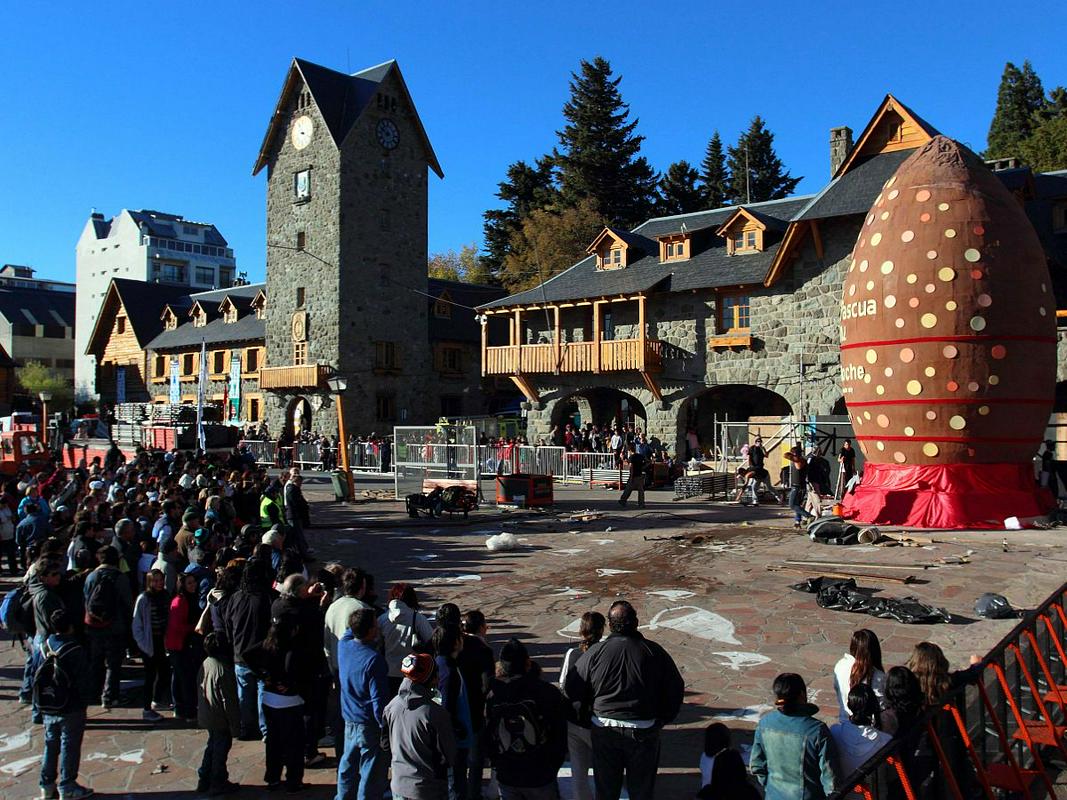
Located at the very edge of the world, Patagonia is a land of impenetrable mountains, changeable weather, imposing glaciers – and breathtaking beauty. It also has a surprising number of places with Slovenian names.
In the 20th century, tens of thousands Slovenians, both economic immigrants and political refugees, settled in Argentina. Because so many felt at home in the mountains, quite a few made their way to the village of San Carlos de Bariloche.
Today, the village – usually known simply as Bariloche – has a thriving Slovenian community and even a Slovenian school. However, its connection to Slovenia is also apparent high in the mountains.
Some trails and even wooded areas in the area are maintained by the local Slovenian mountaineering association, which also operates a well-visited hut. Slovenian mountaineers have pioneered numerous original ascents in the area, and many of them now bear Slovenian names. The Slovenian climbing tradition is highly regarded in Bariloche, and hikers are reminded of it when they make their way to the top of Campanile Esloveno or pass through Valle Esloveno.
Two of the most famous local landmarks with Slovenian names – Laguna Tonček and Cerro Pangerc – were named after single mountaineer, whose climbing prowess made him a local legend. Tonček Pangerc was born in the Slovenian resort town of Bled in 1925. Even at a young age, he was known as an exceptionally competent mountaineer. During World War II, however, he joined the Home Guards, a military formation that collaborated with the Axis powers. After the war, Pangerc fled to Austria but was returned to Yugoslavia by the British. Many of the returning Home Guards were executed, but Pangerc survived, was amnestied, and ultimately ended up in Bariloche. There, he continued his mountaineering work, helped to establish the Slovenian mountaineering association, and took part in a number of pioneering accents until he was killed in an avalanche in 1954.
When Slovenian mountaineers discovered a new trail to a spectacular lake, they quickly dubbed the lake Laguna Tonček, and created yet another bond between this remote corner of Argentina and Slovenia, their ancestral homeland thousands of miles away.

































































